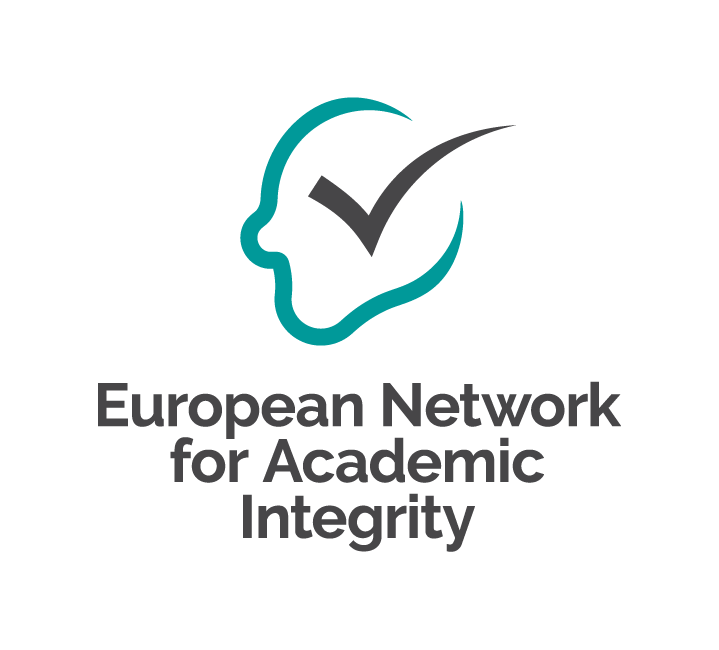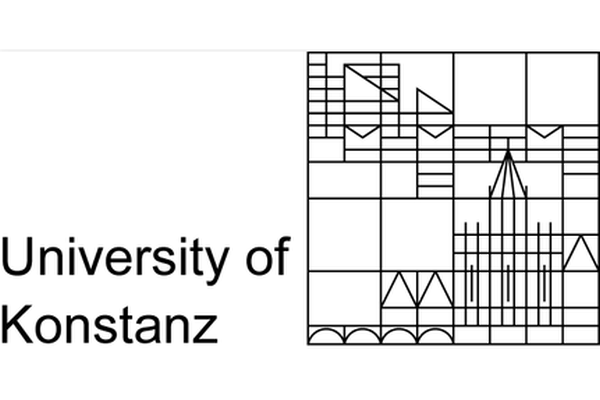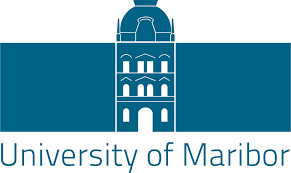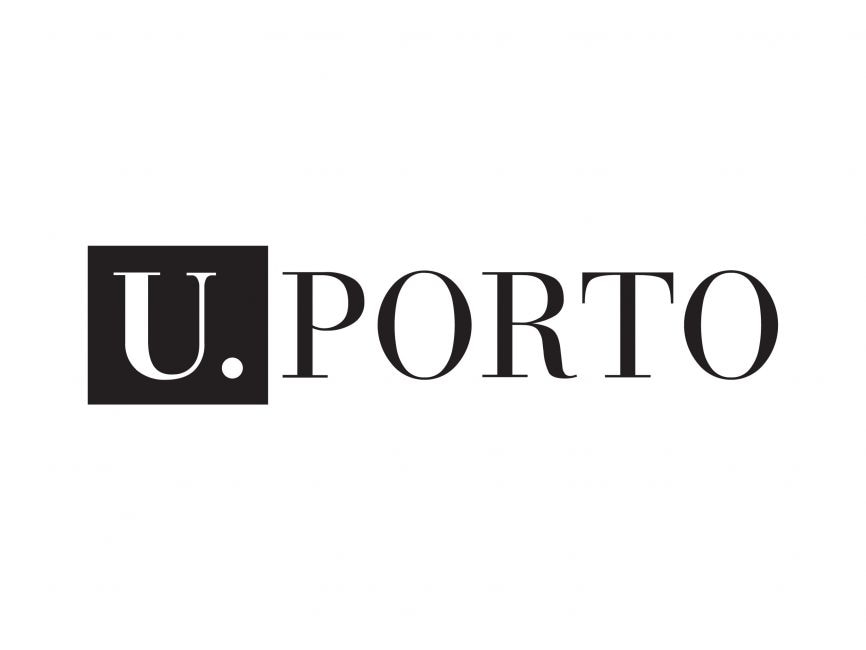FAITH is an Erasmus+ project launched in 2021 to establish minimum standards for academic integrity in higher education institutions, prevent cheating behaviors among students, and support those affected by academic dishonesty. Through best practices, FAITH will develop policies, guidance materials, courses, workshops, and an interactive web portal to promote a culture of academic integrity and combat cheating in higher education institutions.
The FAITH (Facing Academic Integrity Threats) project is an Erasmus+ Cooperation Partnership initiative aiming to strengthen academic integrity within higher education institutions across Europe and beyond. Recognizing academic integrity as a cornerstone of quality education, FAITH also responds to the challenges intensified by the shift towards digital and remote learning due to the COVID-19 pandemic.
FAITH addresses critical gaps in academic integrity policies and practices by:
Implemented collaboratively by a consortium of reputable European universities, FAITH emphasizes preventive strategies and proactive policymaking. Through international collaboration, workshops, online training, and continuous dissemination activities, the project aspires to significantly impact policy formulation and ethical academic practices, ensuring sustainable improvement in academic standards and integrity.
This project aims to establish minimum standards to ensure academic integrity in higher education institutions, provide guidance materials and training to prevent dishonest behavior among students, and create an interactive web portal to support students who have been affected by academic misconduct. The project will determine minimum standards for academic integrity policies by learning from the best practices from international sources, develop guidance materials to prevent dishonest behavior by identifying factors that affect student behavior, organize online courses and face-to-face workshops for students, teachers, and administrators, and create an interactive web portal to assist those who have been affected by academic misconduct.
With the implementation of this project we aim to reach the following objectives that relevant to our project results: Establish a benchmark for minimum standards for academic integrity policies in Europe and beyond based on good practice internationally. Provide evidence-based guidance and training materials on how to detect and deter plagiarism and contract cheating in education and training stakeholders about academic writing accompanied by good academic integrity samples on the matter. Establish a support network and provide an advisory service using an interactive web portal for guidance and sharing experience for anyone affected by unethical academic conduct.
The project will focus on improving national and institutional policies for AI in HE. Through a review of educational sources globally, we will draw on best practice to create benchmarks for AI standards, policies and approaches, tuned for use in partner countries. Using well-tested questionnaires and focus groups, we will capture factors that influence student conduct. Working internationally we will collate ideas for best practices on strategies relating to plagiarism and contract cheating. By examining all available evidence, we will formulate a holistic approach for deterring plagiarism and contract cheating. Results will be disseminated within partner countries and beyond through conferences, workshops and scientific papers. Training materials will be developed from the results for guiding managers, teachers and students in higher education. Online courses and face-to-face workshops will be developed and delivered, translated into languages of participating organisations. Course completion certificates will be issued to participants. We will also develop an online platform to provide practical advice and guidance to all victims who seek support.
Lorem ipsum dolor sit amet, consectetur adipiscing aelit, sed do eiusmod
PR1 - Policy for Good Practice
PR1 is a three-step blueprint to help higher education (HE) institutions develop effective academic integrity policies or benchmark their existing policies. The first step is to collect HE academic integrity (AI) policy documents from as many countries as possible and create an HEAI policy corpus. The second step is to analyze each AI policy and decide how much of the policy is detective, reactive or deterrent along with the qualifications of these components. The third step is to develop an evidence-based guideline for HE institutions that frames the detective, reactive and deterrent perspectives of AI policies.
PR2 - Proactive approach to prevent academic misconduct
The FAITH project aims to provide evidence-based guidance and training materials to detect and prevent academic misconduct in education. By analyzing factors that influence student behavior, the project will develop guidance materials to help educators and institutions identify and deter academic misconduct. Through the use of online courses and face-to-face workshops, the project will provide practical tools and strategies to promote academic integrity and ensure fair evaluation. The project aims to equip students, teachers, and administrators with the knowledge and skills they need to uphold academic integrity and maintain the credibility of educational institutions.
PR3 - A support for victims of academic misconduct
The FAITH project aims to create an interactive web portal that provides a support network for victims of unethical academic practice. This portal will serve as a platform where students, teachers, and administrators can access resources, such as guides, videos, and other multimedia content, to help them understand and combat academic misconduct. It will also provide a forum where victims of academic misconduct can share their experiences, seek advice and support, and connect with others who have had similar experiences. Through this interactive portal, the FAITH project hopes to promote a culture of academic integrity and empower students and educators to stand up against unethical practices.
You can list your partners or instructors's brands here to show off your site's reputation
.png)



